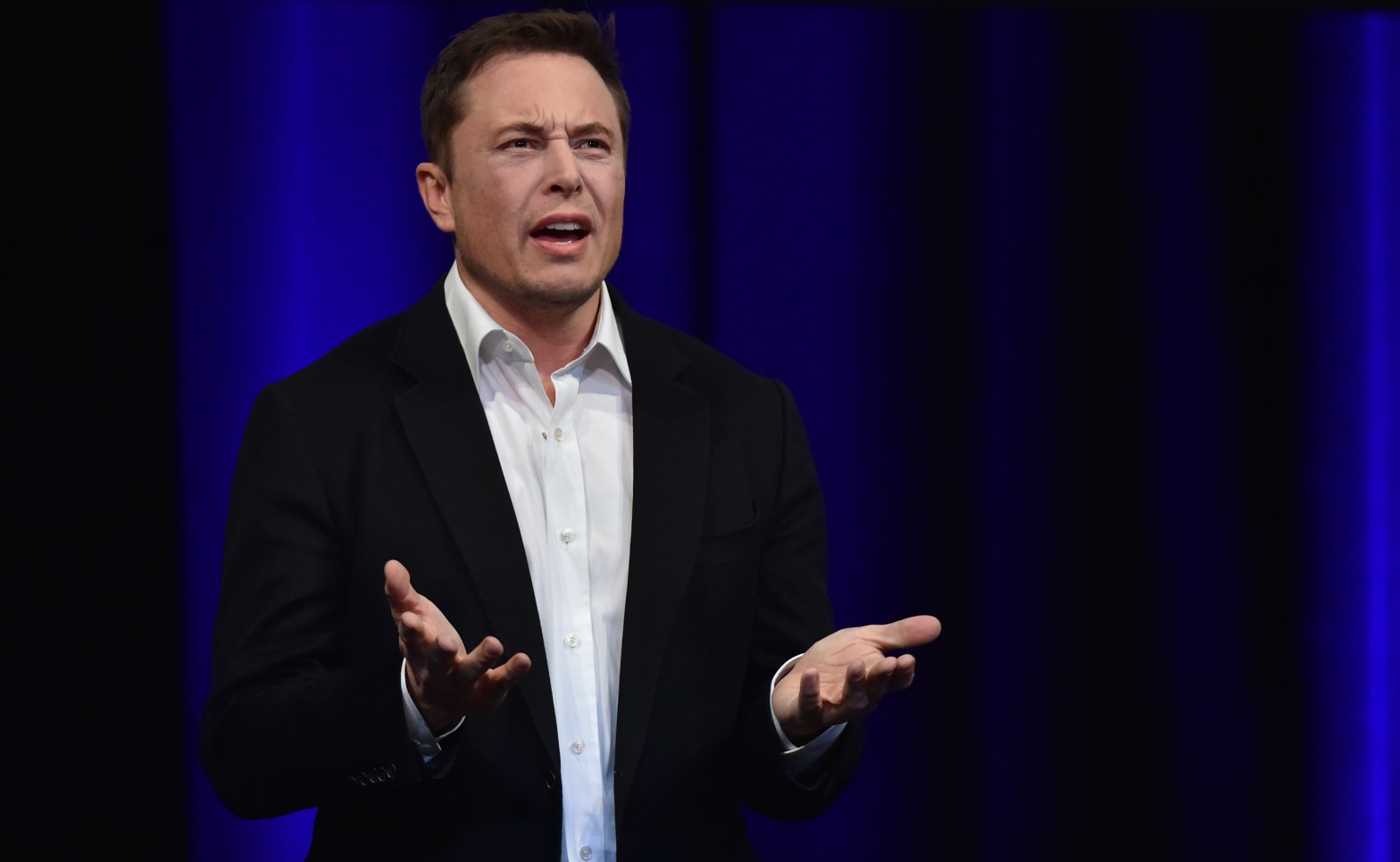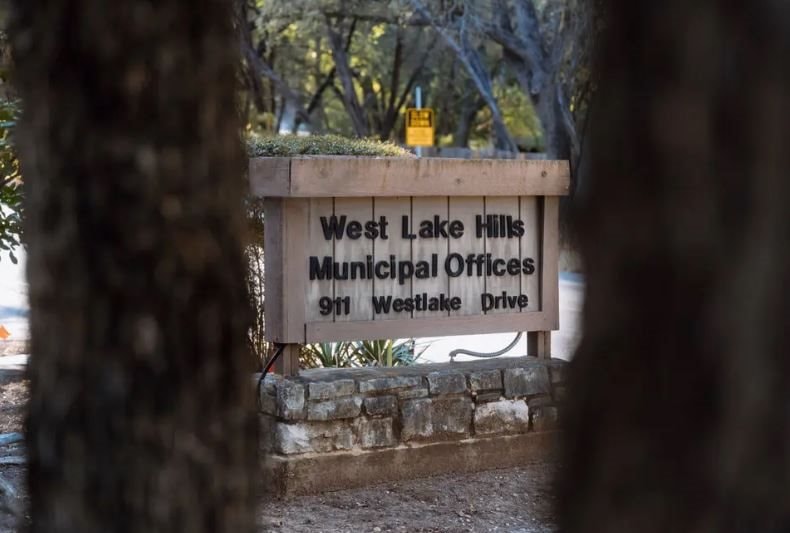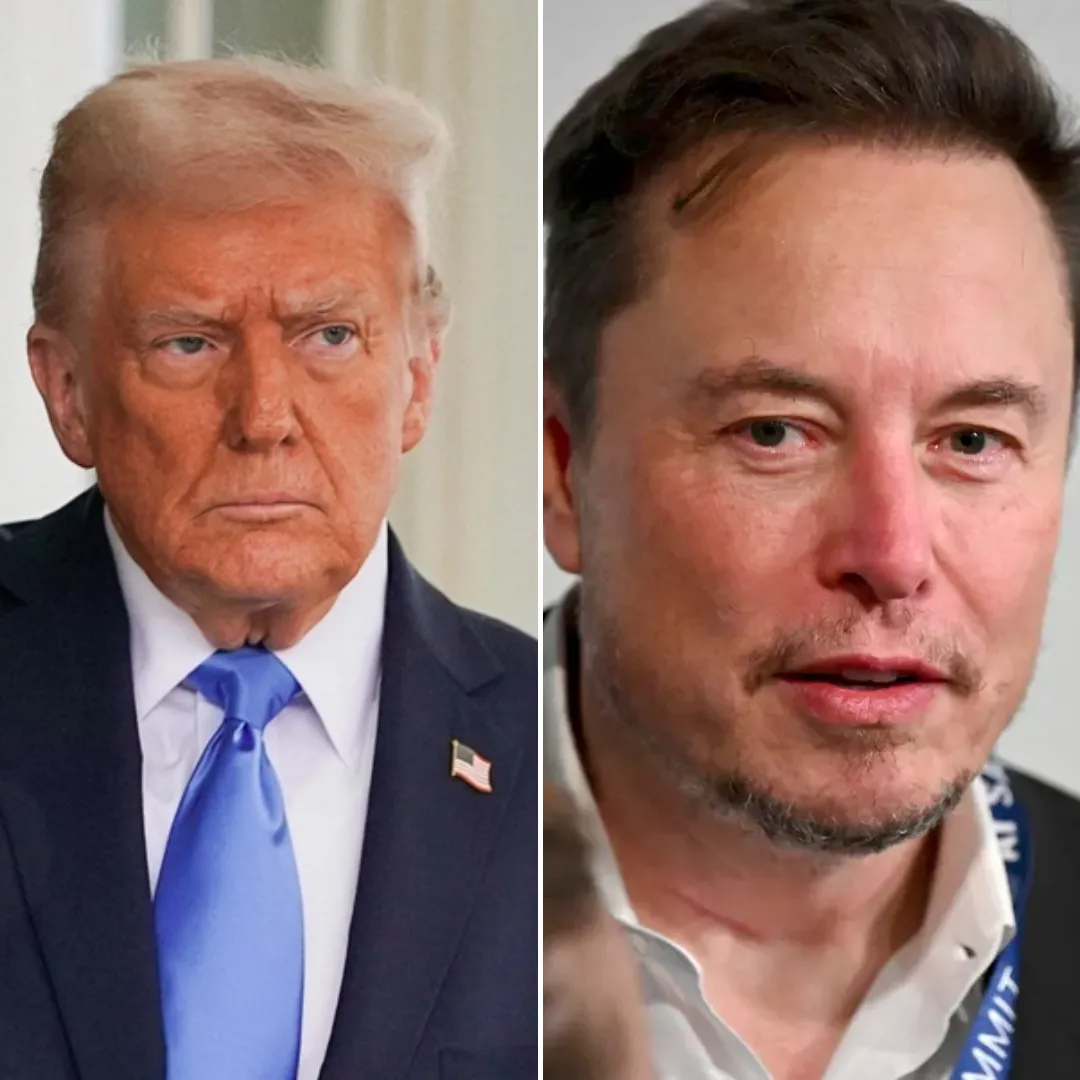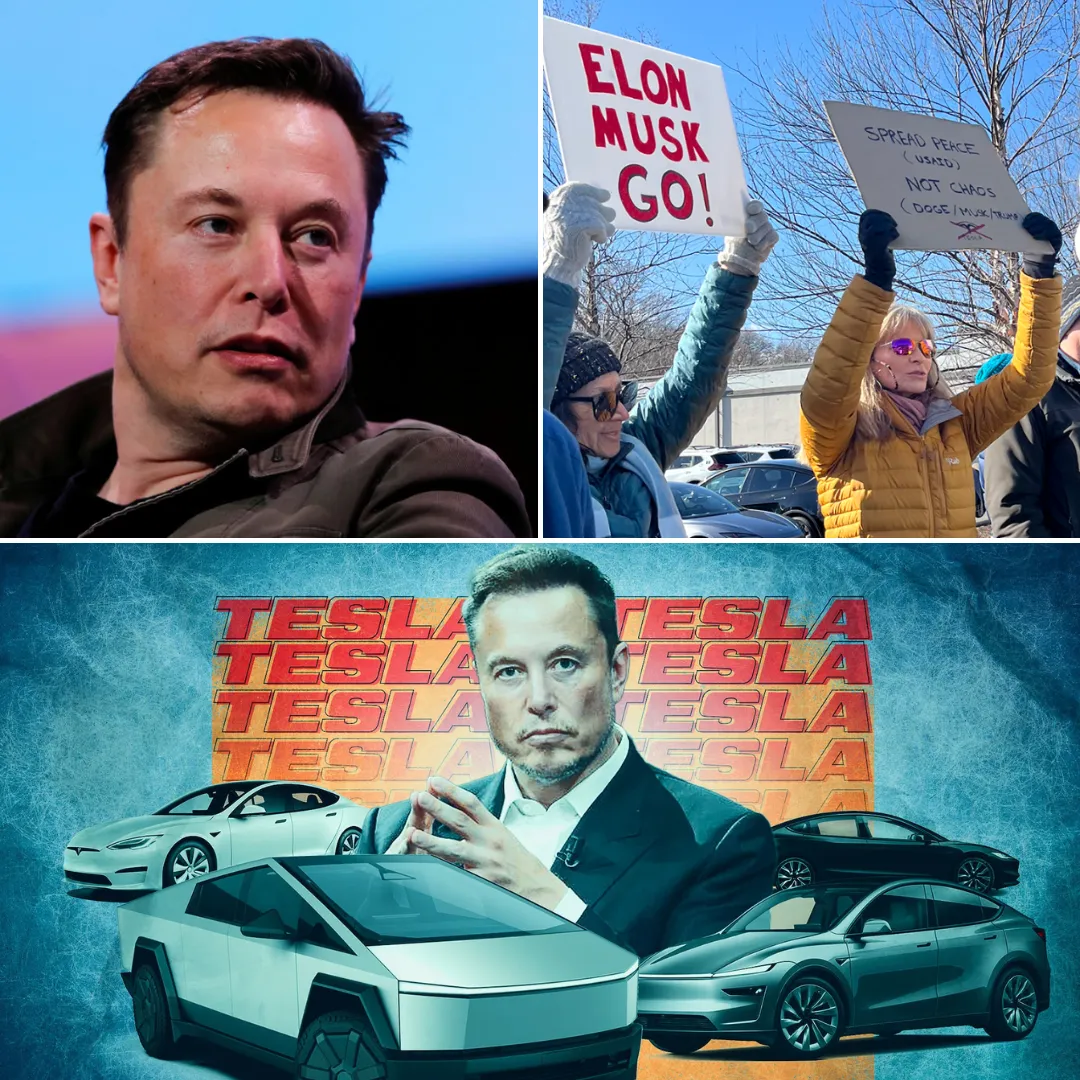
Elon Musk, the tech mogul known for sending rockets into space and building self-driving electric cars, is now facing fierce resistance not from corporate competitors or regulators, but from his very own neighbors. The billionaire has drawn intense backlash from residents of the affluent suburb of West Lake Hills, Texas, where he quietly purchased a six-bedroom mansion through a limited liability company and began transforming the area into a buzzing hive of activity.
As soon as word spread that Musk was the new owner of the multi-million-dollar estate, local residents, far from being starstruck, responded by filing formal complaints against the noise, traffic, and unauthorized construction associated with his arrival. Musk is now the subject of neighborhood lawsuits and city planning disputes, with critics accusing him of treating the tranquil community like an extension of his vast industrial empire.
It all began when residents noticed a sudden influx of workers building a large metal gate and security fencing around a previously inconspicuous property. The constant presence of blacked-out Tesla vehicles moving in and out of the estate up to three times a day quickly disrupted the area’s peace and quiet. For a while, the true identity of the home’s owner remained a mystery, but as the pattern of disruption continued and the scale of operations increased, speculation turned to certainty. Elon Musk had moved in.
Yet rather than being welcomed, Musk's presence has triggered unrest, confusion, and ultimately litigation. Longtime resident Paul Hemmer expressed the sentiment of many when he said that the noisy vehicles were invading the once-silent streets and that the disruptions must stop. Despite owning the property, Musk has yet to secure the proper permits for the fencing and gate construction, placing him at odds with the city's planning and zoning commission.

Musk’s relocation to Texas began in earnest around 2021, when he publicly shifted most of his personal and business interests from California to the Lone Star State. Since then, he has established massive facilities in Austin and surrounding regions for Tesla, SpaceX, and his tunneling company, the Boring Company. In 2022, through a company named after the street on which the West Lake Hills mansion is located, Musk acquired the residence, which sits in the middle of a closely-knit suburban neighborhood.
Although security was initially lax, the arrival of Musk and his team marked a dramatic change. Armed guards, rotating shifts of personnel, and restricted access became the new norm. Yet Musk and his aides made no effort to introduce themselves to the neighbors, leaving locals to discover his identity through observation and gossip.
Despite the mansion’s occasional tranquility, neighbors report that the home becomes a fortress of activity whenever Musk is in town. Security teams frequently shuttle in and out, often armed, making residents feel like they are living next to a government facility rather than a private home. Meanwhile, town officials have been dragged into the conflict.
Musk’s property has become the subject of heated debates within local planning meetings, where residents are demanding enforcement of zoning rules and noise ordinances. Musk’s reluctance or failure to follow local building codes has fueled perceptions that he believes himself to be above the law, further aggravating the community.

Beyond this single property, Musk’s ambitions in Texas extend into vast, almost fantastical territory. He has been acquiring land at an extraordinary pace, using at least four different companies tied to his enterprises or executive teams. His long-term goal, as revealed in meetings with real estate agents and landowners, is to build an entire city outside Austin along the Colorado River.
This futuristic town, often referred to by insiders as a “tech utopia,” would house employees of Musk’s companies and serve as a base for integrated living and working environments powered by renewable energy, autonomous vehicles, and artificial intelligence. Some of the land is being developed into private residential zones, while other portions will support infrastructure for experimental technology, including tunneling projects and rocket testing.
Local governments and economic development officials have confirmed that they were asked to sign confidentiality agreements when first approached by Musk’s representatives. One such agreement came to light when the Boring Company expressed interest in establishing operations in a nearby town. At the same time, Musk has also purchased a collection of luxury homes in Austin, spending around $35 million on three large properties to accommodate his children and two of their mothers.
These residences were reportedly acquired to help his family live closer together while maintaining privacy. Despite his previous claims in 2020 that he would sell off his material possessions and live simply in a small house at Starbase, Musk now appears to be embracing a more traditional lifestyle—albeit on a much grander scale.

In the last three years, companies linked to Musk or his executives have amassed over 3,500 acres of land in the greater Austin area, a total landmass approximately four times the size of New York’s Central Park. Some speculate that the true figure may be as high as 6,000 acres.
Internal emails from city departments, obtained through public records requests, confirm extensive correspondence related to land deals, permitting requests, and construction plans involving Musk-affiliated entities. While these developments have thrilled investors and tech enthusiasts, local residents and environmentalists are increasingly alarmed.
Among the most vocal critics is David Barrow, owner of Eden East Farm, located near one of Musk’s new industrial zones. Barrow has raised serious concerns about the impact of these developments on the quality of the nearby Colorado River. The controversy reached new heights when the Boring Company filed an application to discharge up to 140,000 gallons of industrial wastewater per day into the local water system.
For Barrow and others, this poses a direct threat to agriculture, wildlife, and community health. He demands answers: What exactly is being built? Who will be held accountable for environmental degradation or resource mismanagement? Another resident, Ambrose, who purchased 10 acres of land on a hilltop in 2013, was initially drawn to the area for its isolation and tranquility.

Back then, only about ten homes existed within several miles. But since 2021, his surroundings have been transformed. Massive warehouses have gone up, tunnels are being drilled beneath the landscape, and SpaceX is reportedly erecting a colossal facility nearby. Ambrose is now unsure of the future of his property value—or his quality of life.
This friction between Musk’s sprawling vision and the communities he impacts is becoming a recurring theme. While Musk envisions a Texas built on innovation, artificial intelligence, and post-human engineering, his neighbors see traffic jams, loud machinery, invasive security, and murky development plans.
For many, the billionaire’s vision of progress is being implemented without consent or transparency. The lawsuits, zoning complaints, and environmental objections pouring in from residents underscore the growing tension between private ambition and public accountability.
As Musk continues to acquire property, build infrastructure, and reimagine what a city should be, the rest of Texas must confront the consequences of his presence. Is he a visionary reshaping the future of American life—or a disruptive force transforming communities into corporate enclaves? That answer may ultimately depend not on his plans, but on whether those living near him are willing to fight back.

-1746899035-q80.webp)

